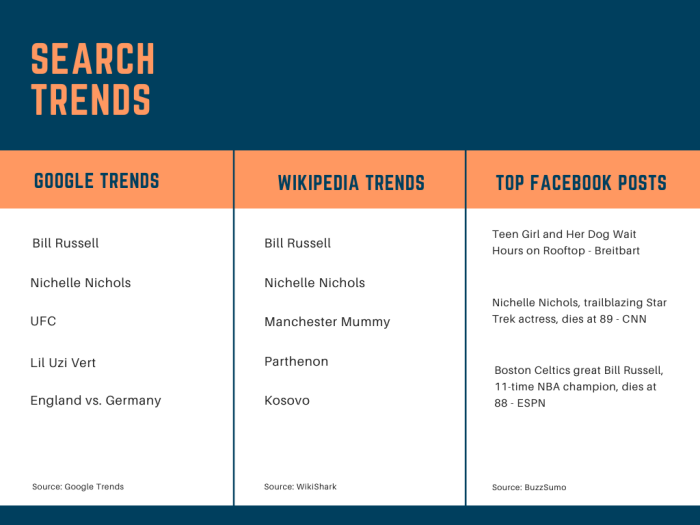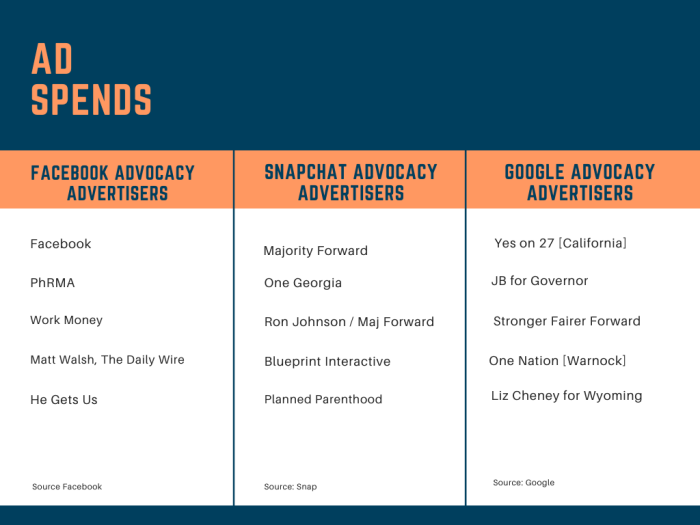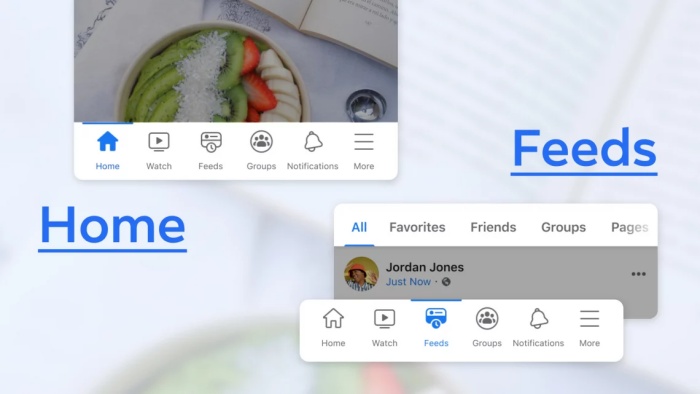Good Monday Morning
It’s August 8. The annual Perseids meteor showers are expected to peak Thursday night, but NASA said last week that a full moon will reduce the number of visible meteors to 10-20 per hour.
Today’s Spotlight is 1,132 words — about 4 minutes to read.
News To Know Now
Quoted: “When we hear about data that impacts the privacy of people seeking reproductive care, oftentimes it’s easy just to think about period tracking apps or the name of a person who visits an abortion clinic, But there are whole categories of data around ‘maternal products,’ for example, that also threaten those people’s privacy.”
— The Atlantic Council’s Justin Sherman to Gizmodo, who detailed finding profiles on 3 billion American residents identified as “actively pregnant” or “shopping for maternity products.”
Driving the news: Senate Democrats passed the Inflation Recovery Act on Sunday afternoon despite no Republican votes. The bill is projected to reduce the federal deficit by hundreds of billions of dollars, lower the cost of prescription drugs, and provide desperately needed funding for climate and energy programs.
a)More than 360 gig workers have been victims of carjackings or attempted carjackings in the past five years, according to a revised study by The Markup. The company also quotes Uber confirming 24,000 assaults or threats against its drivers from 2017-2020.
b)Hulu majority owner Disney announced that the streaming service would accept political advocacy and candidate ads, effectively immediately, according to Axios. The company says that it will not accept political ads on an ad-supported version of Disney+ expected to launch later this year.
c) Add Pinterest to the list of Q2 tech success stories. Sales increased 9% and the company beat Wall Street estimates with a narrower user decline than expected. Of special interest: Pinterest said that its number of monthly active users dropped to 433 million as of June 30 and the company partially blamed Google search algorithm changes.
Takeaways
1) It’s not just your site. Even massive sites experience Google fluctuations that cause real financial shifts, which is why you need constant search engine optimization.
2) Y’all, Pinterest has 433 million monthly active users still and is relevant in ways you can’t imagine. I was able to find companies and concepts related to climate change, lodging, exchange student programs, translation services, school lunches, even political news, in seconds. Businesses are using the site for organic and paid content.
Trends & Spends


Spotlight Explainer — Big Tech’s CSAM Dilemma
Notice: this section describes news about technology and child sexual abuse imagery. The subject ends at the next header that begins “Did That Really Happen?”
You’ve probably heard about the controversy behind holding Big Tech accountable for CSAM on its platforms. Apple announced last summer that it would scan photos stored on its devices for child abuse imagery. After a monthslong privacy debate, Apple said that it would delay but not end its program and purged its website materials of its description.
News this week from TikTok and WhatsApp have reignited the debate around Big Tech CSAM responsibilities.
WhatsApp first
WhatsApp leader Will Cathcart told the BBC on July 30 that it would “very foolish” for WhatsApp to reduce the security of its application for any government. The Meta-owned service claims to use internal systems to detect hundreds of thousands of CSAM images. Cathcart also said that the service reports “more than almost any other internet service in the world.”
And Now TikTok
The Department of Homeland Security launched a probe of TikTok last spring. The video service has an “Only Me” feature that reportedly allowed predators to misuse the service.
Last week, Forbes broke the story that contractors who moderate content for TikTok are shown “graphic images and videos of children involved in sexual acts that had been removed from the service.” TikTok told Forbes that it does not train people using visual CSAM examples, but conceded that it did not control training for third-party contractors.
Visa, Mastercard Continue In Court with Pornhub
Visa and Mastercard told Reuters last week that they will no longer provide payment processing for the MindGeek subsidiary that sells advertising on Pornhub over fears that the company facilitates CSAM. MindGeek denies the claim, saying that it has never tolerated CSAM or illegal content.
EU Agencies Fight Over Privacy
The European Parliament is due to consider legislation that would require tech companies to detect, report, remove, and block CSAM material. Last week two EU agencies charged with privacy oversight issued a joint statement criticizing the bill. As Apple discovered last year, the ability to violate privacy even in a noble cause is controversial.
IMPORTANT: If you’ve been exposed to CSAM content, here is helpful information from the National Center for Missing and Exploited Children.
Did That Really Happen? — Scientist Claims Food close-up was Space Image
As if science wasn’t having a hard enough credibility problem coping with conspiracy theories, a well known French scientist last week posted an extreme close-up of a chorizo sausage that he claimed was a Webb space telescope photo. The scientist’s 91,000 Twitter followers helped the image go viral until he claimed that the hoax was a cognitive bias demonstration.
Following Up — AT&T Nets Millions After Fee Refund
We’ve been telling you for years about “administrative fees” from internet providers and mobile carriers that seemingly run afoul of a company’s own policies. The Verge reports that AT&T generated hundreds of millions of dollars in revenue for one fee that doubled to $1.99 in 2018. AT&T has agreed to settle a class action suit for $14 million as well as a $3.5 million legal fee.
Meanwhile, we once again remind Spotlighters of the maxim that penalties that allow profit are simply “administrative fees” that reduce its margin.
Protip — Blocking Spam Calls & Texts
Wired takes you on a tour of Android and iPhone devices to show you how to block pesky commercial calls or the texts that seemingly exploded out of nowhere in the past few years.
Screening Room — USMNT Captain Christian Pulisic & VW
Science Fiction World — Plasma Boring Robots
Earthgrid says that it is developing a plasma boring robot that it expects to dig tunnels to rewire the utilities grid much faster and at a fraction of the current cost. There are schematics and videos at this link.
Coffee Break — Postcards from Timbuktu
Timbuktu is a real place. You’ll find it near the Sahara Desert in Mali. Some enterprising businesspeople there have created a postcard service with custom messages, cool local photos, and that lovely Timbuktu postmark.
Sign of the Times











